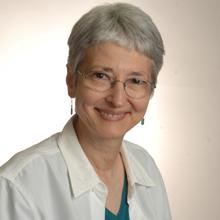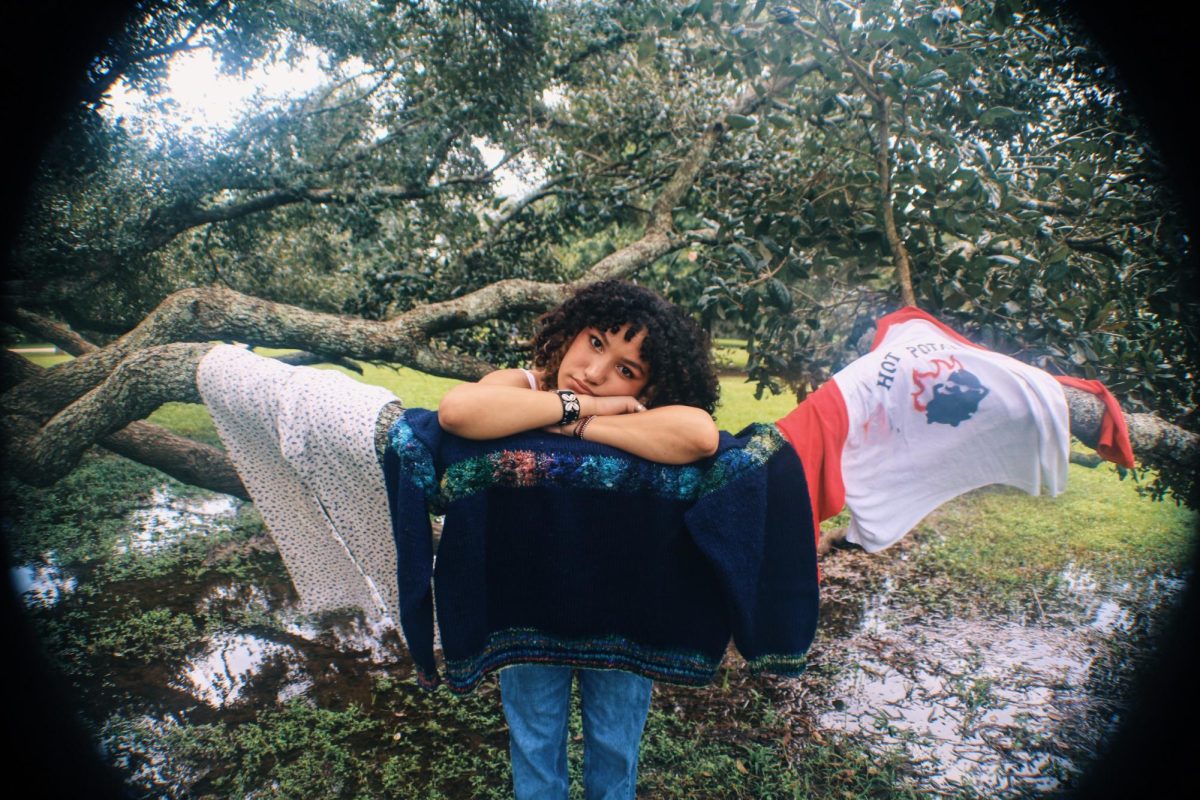If you are reading this, the end of the Mayan calendar did not bring about the end of the world.
The Mayan calendar predicted the end of a 5,126-year cycle in December 2012 causing many to speculate it would be the end of the world. Leading up to this date, there were numerous websites about what might have happened and how to survive the possible apocalypse.
Robert Bast, who has a website called Survive2012.com, believed there would be a catastrophic event happening at the end of the calendar.
“I believe it to be a possibility because the ancient Mayan Long Count calendar ends on that day, and I figure it might have been due to a scientific prediction they made,” Bast said.
His Survive2012.com website revolves around the possibility of the predicted doomsday and how to prepare.
Bast said that if anything were to happen it would be “a small chance of a massive solar storm that knocks out power grids, or perhaps a dark comet will whiz by.”
There is another interpretation of this date that is not catastrophic. Catherine Wessinger, a professor at Loyola who is an expert on the study of millennial movements, said the date marked the start of a new cycle in the Mayan Long Count calendar.
Wessinger explained millennialism has two types of movements: catastrophic and progressive. The Mayan’s predictions followed a progressive movement.
Wessinger said that according to José Arguelles’ book “The Mayan Factor,” the end of the calendar marks a culmination of benevolent influences. There had to be a change, and humanity would be progressively moving into a state of harmony.
Arguelles claimed that he obtained his ideas from extraterrestrials he called “galactic Maya.” Arguelles’ claims can be found on his website www.lawoftime.org.
The galactic Maya believed there were power spots on Earth that harvested energy from an energy beam in space. This beam would guide human behavior.
On Dec. 21, 2012, people were to converge at these power spots and Mayan temples. They would then take part in a coordinated meditation at a precise time, 11:11 UTC and visualize the world surrounded by a rainbow.
As far as the belief of an apocalypse associated with Dec. 21, 2012, Wessinger said it is due to media hype. Apocalypse movies such as “2012,” released in 2009 and depicting scenarios such as massive earthquakes and tidal waves, helped to promote the idea of Mayan-predicted end times.
The fear and anxiety among people leading up to Dec. 21 caused many to write to NASA and inquire as to whether a planet would collide with Earth, with some even asking if they should harm themselves to avoid the end of the world.
NASA addressed these questions by posting an announcement on their website. It stated that Dec. 21, 2012 was not the end of the Maya calendar, nor was there a prophecy predicting the end of the world. There was also no evidence stating that the world was going to end on that date, NASA staff said.
Some Loyola students also did not believe the apocalypse was happening in 2012.
History sophomore Makenna Mall said that maybe a change on the world stage would have happened, but not the end of the world.
“I didn’t believe the world was going to end because I am highly optimistic,” Mall said.
Biological science junior Jeremy Le used his background in science to base his opinion.
“I did not believe the world was going to end, because I don’t believe in that type of superstition. There have only been five major extinction events in the history of the 4.6 billion years the earth has so far been found to exist, so it just didn’t make sense to me that the world would end at this time,” Le said. Le and Mall agree that the media may have endeavored to hype up the date, but as far as some Loyola students were concerned, those attempts proved futile.
“The media may have tried to hype it up, but they failed terribly. I don’t know anyone who was actually worried in the least,” Le said.
Lauren Hinojosa can be reached at [email protected]







